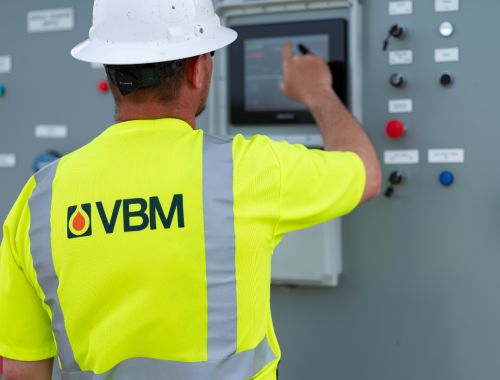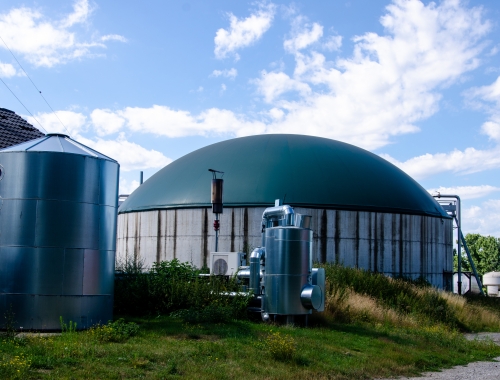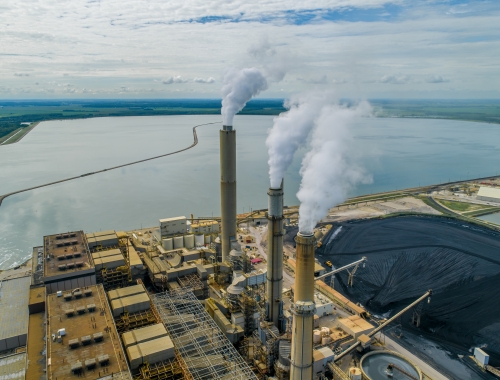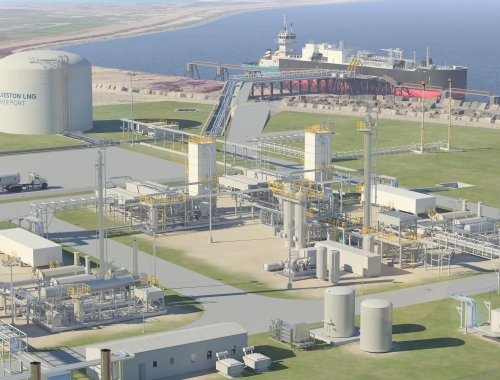How registries are unlocking RSG uptake
SUMMARY
Registries allow RSG to be valued based on its production-level methane intensity and brings transparency in the sector to new levels.
By Mike WeberPOSTED IN:
The oil and gas sector is undergoing colossal change as it seeks to play a leading role in solving the climate crisis. At the heart of the industry’s efforts to accelerate its decarbonisation journey will be addressing fugitive methane leaks. Methane is far more potent than CO2 though it stays in the atmosphere for a relatively short time. Therefore, if the sector can reduce methane now, the impact on the global warming trajectory will be fast.
Fortunately, thanks to technological advances measuring and managing methane is easier than ever before. With the technology now available to measure methane down to <1 ppm, we are seeing the rise of responsibly sourced gas (RSG) with its independent third-party assurance that gas molecules are produced with environmental best practices.
Trust and transparency are the backbone of RSG. Ensuring the green credentials of differentiated gas to all stakeholders involved ranging from governments, utilities, customers, and next-gen employees is paramount for RSG’s growth. An integral element of enabling transparency in this nascent sector are registries, which offer an objective means of tracking commercial transactions of renewable gas through the entire supply chain.
How registries work
A registry provides an interoperable platform to transform commodity production information into standardised digital assets products. Digital assets are created in an immutable data format that allows for a wide range of information from a plethora of partners to create differentiated products. This allows RSG to be valued based on its production-level methane intensity and brings transparency in the sector to new levels. It also enables producers the ability to monetise their responsible production practices, while companies purchasing gas can better manage ESG risks, and customers can be assured of the validity of the gas’ green credentials.
A transparent global marketplace for the transaction of fungible environmental products such as RSG is now present in the Xpansive Registry, which serves as a global marketplace for ESG commodities. The company has also partnered with S&P Global Platts to launch a benchmark for methane performance in natural gas production in the US. Its Methane Performance Certificates (MPCs) allow US producers to sell instruments representing zero methane emission natural gas production. And since October 2021, S&P Global Platts has launched a daily price benchmark of MPCs in dollars/MPC ($/MPC) and dollars per metric ton of CO2 equivalent ($/mtCO2e). The MPC assessment includes bids, offers, and transactions in the open market as well as information from the over-the-counter market.
More recently, in March 2023, MiQ, which offers methane certification for RSG, announced the first global registry for LNG along with a greenhouse gas (GHG) certification programme that assesses all GHGs from the LNG supply chain. From production, gathering and boosting, processing, pipeline, liquefaction, shipping, and regasification, the framework tracks all methane, CO2 and nitrous oxide emissions from each aspect of the supply chain. Ultimately, LNG buyers are now able to choose lower emissions cargoes for the first time.
Countries too are using registries to increase the transparency around green gases. With demand growing across Europe for renewable gas, several European countries have established renewable gas certificates in their registries to provide title-tracking of the green value of gas blends from both conventional and renewable gas injected into their national gas networks. With the ability to track the commercial transactions of green gases through the supply chain, trust is being strengthened in the market.
Adding additional assurance through blockchain
As the RSG and green gases sector evolves, so too are registries, which are now harnessing the capabilities of blockchain technology. With the supply of accurate and trustworthy information, blockchain creates an immutable record. This adds another layer of trust to energy registries, since customers know that the data provided cannot be changed.
Now, registries powered by blockchain such as Xpansive and EarnDLT, upload verifiable environmental attributes provided by environmental data providers such as Project Canary, MiQ, and Equitable Origin straight to the blockchain.
Meanwhile, registries have also advanced by now allowing the separation of the physical gas molecules from their environmental data, which means they can now be distributed and traded separately. This gives buyers the possibility to purchase the claims to environmental attributes to differentiate their offering and achieve sustainability targets. Ultimately, this expands the overall market and provides further incentive for producers to produce RSG and green gases.
Registries date back all the way to 2011 but are really coming into their own now by harnessing the capabilities of blockchain. With RSG growing at a phenomenal pace, it is equally important to have the infrastructure in place to track molecules, accurately reflect their green credentials, and eliminate double counting of environmental attributes, which skews the marketplace inaccurately depicting the sustainability of efforts of players in the market.
The oil and gas sector has an enormous responsibility to do its part in fighting climate change. The progress witnessed in the development and evolution of registries for RSG and green gases is raising the bar for the sector by instilling greater trust, transparency and traceability and this bodes well for RSG to maintain its tremendous momentum in the years ahead.







